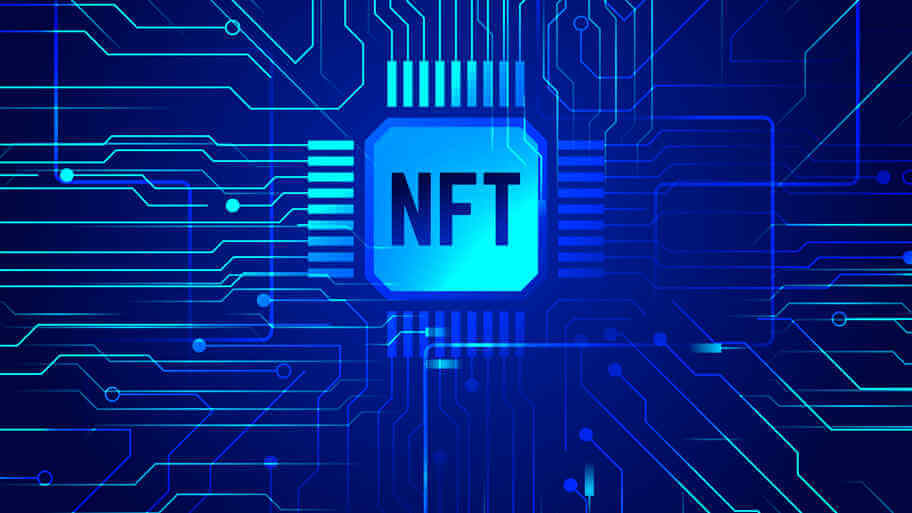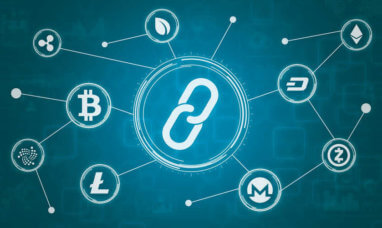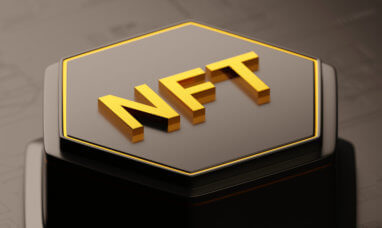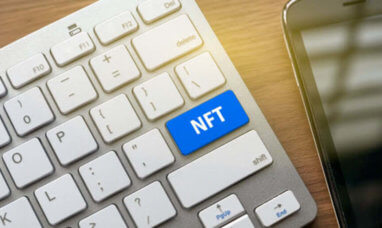The unparalleled impact of non-fungible tokens’ use cases in the music industry has continued to offer hope for indie musicians.
In the music industry, the advent of non-fungible tokens, or NFTs, is a growing trend. In just one day in February, DJ and music producer 3LAU raked in $11.6 million in revenue from the sale of music NFTs. Grimes, a Canadian singer, made $5.8 million in 20 minutes just a few days after that. DJ Steve Aoki pocketed $4.2 million in the first week of March, while Post Malone auctioned off an NFT to play beer pong against him. Without the opportunities afforded by the rise of NFTS, such payouts might have taken years.
Non-Fungible Token Use Cases in the Music Sector
Since its inception, the concept of converting artistic skills and assets into a digital token on a blockchain has been referred to as art tokenization. Non-fungible token use cases have continued to grow at an unprecedented rate. NFTs are uncommon collectibles in the music industry that are kept on a distributed ledger.
Using NFTs, artists and musicians may sell digital media to followers who pay in cryptocurrencies like Bitcoin, Ethereum, etc. Anybody can create NFTs. They have the option to increase the number of purchasers on the NFT or decrease it to a single owner. When a buyer of a digital copy sells it, the artist may be compensated with royalties. This gives artists more control over monetizing their work and other types of digital items.
To put it another way, NFTs are having a significant impact on streaming services, which infamously do not pay artists enough. As with the sale of self-produced CDs, we can now foresee a time where artists can do business directly with music retailers and fans to sell their NFTs.
Medicine Man Revival’s Keite Young believes that this is only the beginning of NFT’s influence on the music industry, particularly independent artists. In the music industry, the potential for NFTs abounds. From music production, concert tickets, exclusive access to exclusive NFT holders, as well as online performances, live stream interviews and events, and limited-edition CDs are just a few examples of what may be packaged as a one-of-a-kind collection sold as NFTs. Being a limited-edition collectible, almost anything may be preserved on the blockchain. As a result, it’s possible to track the entire supply chain, from the artist to the consumer. NFTs also allow the artist complete control over how their work is distributed, including all ownership rights.
“NFTs will give artists another outlet to create exclusive content for fans in a more artistic fashion. In the future, we’ll see the value of songs appreciate, like Basquiat paintings.” – Dallas rapper Rakim-Al Jabbaar
We may assert that NFTs for music are the new market buzz. Fans now have the ability to bid on one-of-a-kind content via NFT transactions in auctions. They can bid on their favorite musicians and also buy their pieces of music. As the usage of NFTs in the music industry continues to rise, minting will become less of a guessing game. The music industry’s infrastructure is archaic. It was established decades ago and needed restructuring to make it more equal for artists. NFT’s can assist in preventing indie artists from encountering these problems.
Why Are NFTs So Attractive to Musicians?
Over 150 musicians, including Paul McCartney, Kate Bush, Shy FX, and Kano, wrote to UK Prime Minister Boris Johnson last April, urging him to properly update legislation to protect artists in the modern world. They noted that “songwriters receive 50% of radio income but only 15% of streaming money.” The music business is in transition right now. For musicians, in particular, the loss of CD and digital download sales in favor of online music streaming has considerably impacted their income, particularly indie artists.
NFTs Unlock New Doors for Independent Musicians
Earlier this year, indie Seattle WA musician Siahna Im released a promotional video for her song “Mother” that lasted just three seconds. The piece fetched $200 at auction on the Foundation’s platform. She said. “I think it’s an awesome opportunity,” noting that this may be a long-term trend associated with traditional distribution, similar to album art. There would be so many more opportunities for you if you released an NFT with your music.
Indie artists invest a lot of money in marketing and then upload their songs to Spotify. If they manage to receive, say, 20,000 or 30,000 plays, they still do not recoup their investment. On Spotify, 20,000 plays is worth around $60. Siahna’s three-second video made her almost four times as much money in a fraction of the time. Even more, this sale is on the low end of the NFT market. If you receive so much $5,000 from an NFT sale, then you can recoup quite a bit of money as an independent artist.
Unique Content and Experiential Opportunities
Artists have a great deal of control over the items they wish to auction. These tokens might be digital or tangible. Albums, digital art, sound bites, merchandising, and concert tickets are all examples of artists trading non-fungible tokens which could also be made as NFT trading cards. Fans are usually thrilled to acquire these once-in-a-lifetime experiences and are prepared to pay for the opportunity to do so.
As a result of the applications of NFTs in the many sectors of the arts, musicians can directly produce their works, mint them on a blockchain, and connect with their followers, audience, and fans. Currently, platforms like the Binance NFT marketplace and Opensea provides all the tools and exposure any artist could possibly use to create their own unique digital item. NFT’s offer a direct, accountable distribution channel and a real measure of social equity, which is a significant step forward. More significantly, such using platforms like an NFT music marketplace that allows for the monetization of creative talents, music artists may reach their desired audience and make sales without ever worrying about record labels and promoters.
Final Thoughts
Art tokenization, through NFTs, gives artists the ability to explore and share new possibilities and experiences with their fans. It provides for converting rights to an artistic asset into a digital token on a blockchain. Despite the fact that their fan bases have grown, musicians continue to be innovative with their offerings. As the situation with NFTs evolves, it has the potential to totally transform the music industry in the same way that the internet did.
Featured Image: Megapixl








